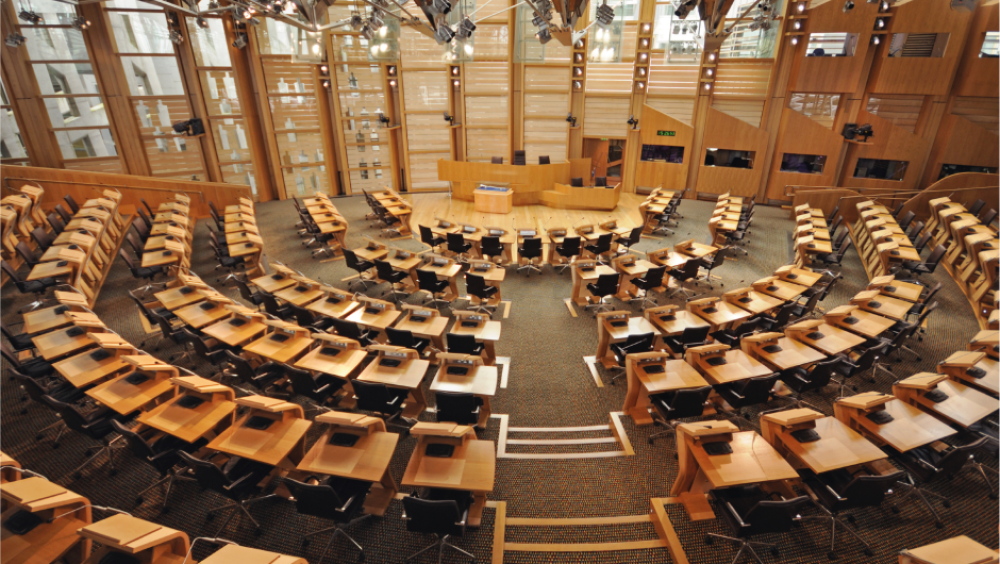Update: Scottish & UK Governments move towards agreement on the EU withdrawal bill
11 May 2018

Background
Currently, there are some powers that are technically devolved to Scotland but which lie within the remit of European Union mandates. When Brexit occurs, these powers will need to be given back to the relevant parts of the UK Government. The Scottish government and UK government are currently in disagreement about how this should be executed.
The two governments agree in principle that the powers should be devolved. However, the UK government wants to outline the frameworks of administration and argues that, if an agreement is not reached, the UK government should control the powers. The Scottish government wants a say in how the frameworks are made and then to have carte blanche over how they are administered.
What’s happening now?
The Scottish Continuity bill currently provides a plan for Scotland if it does not offer consent to Westminster’s EU Withdrawal Bill.
If no consent is given and the Scottish Continuity Bill provided the basis for Scottish regulation, in theory, there could be differences in legislation between England and Scotland that may be relevant to DMA members. This might not be a problem - there are already pieces of legislation relevant to marketing which do not cause a problem. Food labelling, for example. The real issues would come if keeping up with EU legislation excluded meant that products did not meet UK requirements for sale, or vice versa.
Nonetheless, it appears likely that Westminster-Holyrood discussions have been making headway, as the Scottish Parliament’s Finance and Constitution Committee have laid out the conditions in which they can foresee the Scottish Government consenting to the EU Withdrawal Bill.
The conclusions of the Finance and Constitution Committee’s report are as follows:
- The Committee welcomes the progress which has been made in seeking to address the concerns of the devolved Governments, this Committee and other parliamentary committees across the UK in relation to the Bill. However, the Committee also recognises that fundamental differences remain between the UK Government and the Scottish Government regarding the impact of the Bill on the devolution settlement.
- The Committee’s view is that these differences could be resolved through an emphasis on mutual trust and respect amongst governments across the UK. The Committee recommends the inclusion of reciprocal political commitments in the proposed Intergovernmental Agreement as sufficient to allow the discussions on common frameworks to proceed and provide the clarity and certainty which is needed.
- On this basis and as we stated in our interim report, Clause 11 and Schedule 3 should be removed. Otherwise without another solution to the fundamental differences between the Scottish Government and UK Government. The Committee recommends that the Parliament does not consent to Clause 11 and Schedule 3 of the Bill.
The need for bravado and open disagreement appears to have passed. In short, this means that UK and Scottish Ministers are probably closer to agreeing how exactly powers will be transferred back from the EU. While there is sure to be the odd spat here and there, the fact that the SNP government has not held a zero-sum position on the division of powers—as it could have done—suggests they think there is scope for an acceptable amount of give from Westminster.
Please login to comment.
Comments